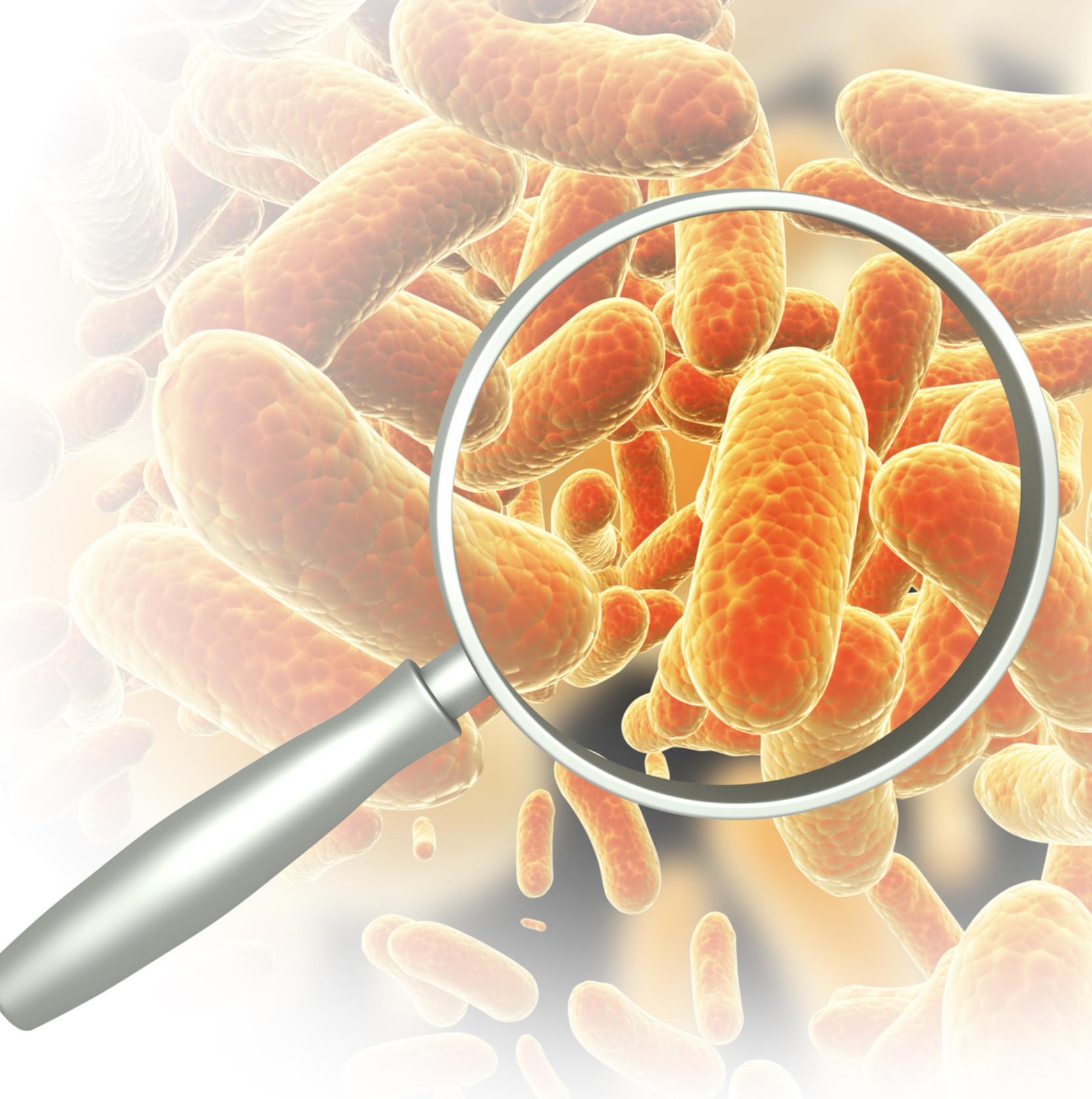Are ultra-processed foods dangerous for our gut health?
In recent years, our diets have increasingly included ultra-processed foods (UPF) and food additives, raising concerns about their effects on our health, particularly gut health. Research indicates a growing association between the consumption of UPF and various gastrointestinal diseases, including inflammatory bowel disease (IBD), colorectal cancer, and irritable bowel syndrome (IBS). This blog delves into the findings from recent studies examining these relationships.
What Are Ultra-Processed Foods?
Ultra-processed foods are products that have been heavily modified through industrial processes. They often contain ingredients you wouldn’t normally find in a home kitchen, such as artificial flavours, preservatives, sweeteners, and emulsifiers. Packaging of these products can often mislead the public into thinking that these foods are healthy:
Examples of ultra-processed foods can include some of the following:
· breakfast cereals
· fresh breads
· ice-creams
· packaged snacks
· sugary drinks
· ready-to-eat meals
Many ordinary shop-bought breads are high in chemicals including emulsifiers
Always look out for ingredients that you would not find in your kitchen cupboard or you could not buy in a normal supermarket
Ultra-processed foods are often highly appealing and convenient but nutritionally poor with high levels of added sugars, unhealthy fats, and salt, but low in nutritional value, fibre, and essential vitamins.
The Connection Between UPF and Gut Health
Research has shown that diets high in UPF may contribute to an increased risk of gut diseases. Epidemiological studies suggest that a diet rich in these foods is linked to conditions such as Inflammatory bowel disease and colorectal cancer. For instance, a systematic review demonstrated that high UPF consumption correlated with increased mortality and morbidity from various diseases, including digestive disorders.
Moreover, the gut bacteria—a complex community of microorganisms in our intestines—is profoundly influenced by our diet. Studies indicate that UPF consumption can alter the composition and diversity of gut bacteria, potentially leading to alterations which can be associated with inflammation and chronic disease.
Ultra processed food may have a negative effect on our gut bacteria. These micro-organisms are profoundly influenced by the diet we eat
The Role of Food Additives
Food additives, such as emulsifiers, sweeteners, and colorants, are frequently found in ultra-processed foods and have been shown to impact gut health significantly. Emulsifiers, for instance, can disrupt gut microbiota and increase intestinal permeability, leading to inflammation. Research indicates that dietary emulsifiers like carboxymethylcellulose and polysorbate 80 can promote chronic intestinal inflammation in both animal models and humans. Similarly, artificial sweeteners such as sucralose and aspartame have been linked to changes in gut microbiota composition, which could contribute to gut inflammation and metabolic disorders.
Ice-cream is often high in additives such as emulsifiers
Even good quality ice-creams may contain many additives - ensure that you read the labels carefully
What Can You Do?
Limit UPF Consumption:
· Try to reduce your intake of ultra-processed foods. Instead, focus on whole, minimally processed foods high in fibre from fruits, vegetables, beans, pulses and whole grains. Fruits or vegetables can be fresh or frozen. Diets such as the Mediterranean Diet can be very beneficial (see my previous blogs on the Mediterranean Diet)
· Use healthy fats such as extra virgin olive oil which is high in healthy ‘polyphenols’ and antioxidants which have anti-inflammatory, anti-cancer, and heart-protective properties.
Read Labels: When shopping, look at the ingredient list. If a product contains many artificial ingredients or additives, it’s likely to be ultra-processed.
Keep yourself aware of food additives and read the labels - you will be amazed how many foods that are described as ‘healthy’ are actually full of additives…
Stay Informed: Keep an eye on new research about diet and health. Understanding what you eat can empower you to make better choices.
The Need for Further Research
While existing studies highlight concerning trends regarding UPF and food additives, there is still a lack of robust clinical trials assessing their long-term effects on human health. Most evidence is derived from observational studies, animal models, or in vitro analyses. Hence, there is an urgent need for well-designed randomised controlled trials to establish the link between intake of ultra-processed foods and disease, and better understand the mechanisms involved.
Conclusion
The evidence linking ultra-processed foods and food additives to adverse gut health outcomes is growing. Given the complex nature of diet and health, a balanced approach that considers the nutritional quality of foods alongside their processing levels is essential.
As we move forward, ongoing research will be crucial in determining how to best navigate our food choices in the context of gut health and overall well-being.
Stay informed, make conscious dietary choices, and consider the potential impact of what you eat on your gut health!
References
For those interested in diving deeper into the science, the information in this blog is based on findings from:
- “Low-Grade Inflammation and Ultra-Processed Foods Consumption: A Review” by Asensi et al. (2023)
- “Ultra-Processed Foods and Food Additives in Gut Health and Disease” by Whelan et al. (2024)







